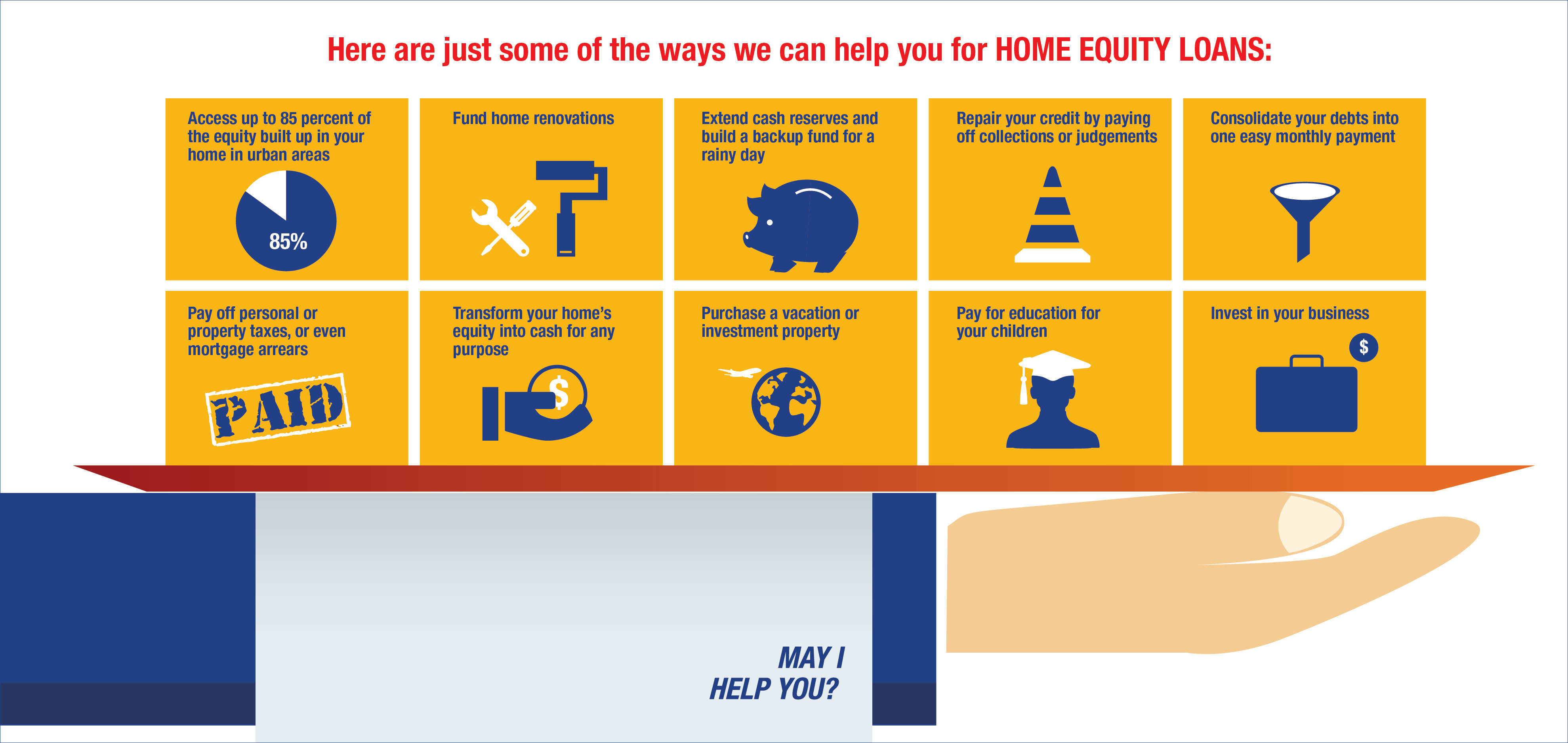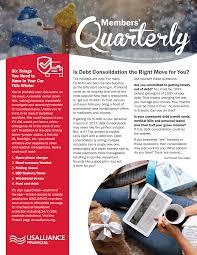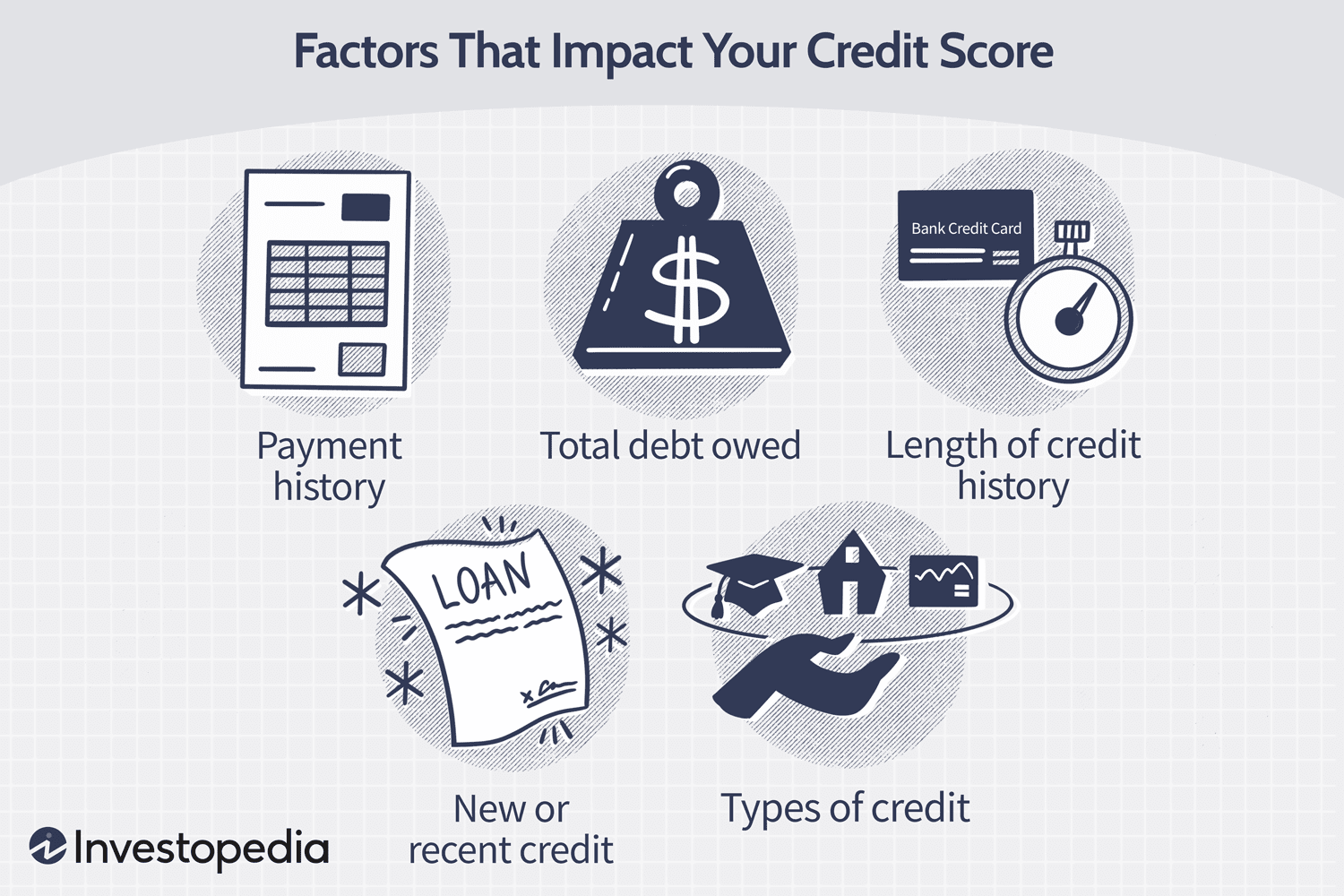
This article will describe what a Charge Off means in accounting as well as on your credit score. A charge-off is a negative marking that has been applied to a debt. A charge off remains on your credit reports for seven-years and can make getting credit more difficult. Because it has a direct effect on your credit score, it is important to be aware of this negative mark. When you fail to make payments, collection agencies report it as a charge-off.
Charge-off
A charge-off could be very damaging to your credit score. You may end up in this situation if you owe more money than you can pay or make too few payments. There are ways to improve your credit score. First, you must find out what happened to your account.
A charge off notice will inform your that you are 90-180 days late on your payment. A charge-off is different than a collection. A collection agency will contact the debtor and attempt to collect it. The collection agency will continue to pursue the debt until it is fully paid or you have paid it off. If you don’t pay the account in full, the collection agent can sue for a judgment.
Charge-off debt
A charge-off is a write-off on a debt. It is when a creditor decides that a debt should be cancelled and stops trying to collect it. It is a widespread practice in today’s economy. This type of write-off has one simple reason: It is cheaper.

It is important to remember that charge-off debt has a negative impact on your life, especially your credit score. Therefore, it is vital to pay off your debt as soon as you can.
Accounting: Charge-off
In accounting, a chargeoff is a debt which has been marked uncollectible. A lender may do this after an account is at least four to six months past due and the debtor has been unable to make payments. This is an internal function of accounting and it is used to verify that bank financial statements are accurate. This doesn't mean that the debt disappears, however, as it still exists.
When the lender decides that the borrower is not able to repay the loan, it is called a charge-off. There are many reasons charge-offs may occur, including the deterioration in credit scores and prolonged periods of delinquency. Charge-offs must be accounted for by businesses, who often create an expense account to cover these losses.
Credit report charging
A charge-off on credit reports can have severe ramifications on credit scores. A charge-off on your credit history will remain there for seven years. It can also make it difficult to get credit or receive competitive interest rates. There are steps you can do to improve your credit score, and avoid a charged-off.
First, make sure you have a current copy on your credit report. If you are not satisfied with a charge-off, you can dispute it with credit reporting agencies. You can do so over the phone or online. It is best to send a formal letter to credit reporting agencies. If you do this, you can provide evidence to prove your claim. Within 30 days, the credit agencies will investigate the dispute.

Beware of common misconceptions regarding charge-offs
If a borrower is behind on their payments, charge-offs are the last option available to a lender. They are the result of a lender not being interested in seeking to settle a debt or trying unsuccessfully. The lender considers charge-offs a written-off debt, but the borrower is still responsible for the full payment.
The credit card account becomes charge-off if the consumer fails to make minimum monthly payments for 180 days. The lender can close the account at this point and it will no longer earn interest or be available for new purchases. People mistakenly believe that charging off means they owe nothing.
FAQ
What is personal financial planning?
Personal finance is about managing your own money to achieve your goals at home and work. This means understanding where your money goes and what you can afford. And, it also requires balancing the needs of your wants against your financial goals.
You can become financially independent by mastering these skills. That means you no longer have to depend on anyone for financial support. You don't need to worry about monthly rent and utility bills.
And learning how to manage your money doesn't just help you get ahead. It can make you happier. When you feel good about your finances, you tend to be less stressed, get promoted faster, and enjoy life more.
So who cares about personal finance? Everyone does! The most searched topic on the Internet is personal finance. Google Trends reports that the number of searches for "personal financial" has increased by 1,600% since 2004.
Today, people use their smartphones to track budgets, compare prices, and build wealth. These people read blogs like this one and watch YouTube videos about personal finance. They also listen to podcasts on investing.
Bankrate.com reports that Americans spend four hours a days watching TV, listening, playing music, playing video games and surfing the web, as well as talking with their friends. This leaves just two hours per day for all other important activities.
You'll be able take advantage of your time when you understand personal finance.
What is the fastest way you can make money in a side job?
You can't just create a product that solves someone's problem to make quick money if you want to really make it happen.
You need to be able to make yourself an authority in any niche you choose. It means building a name online and offline.
Helping people solve problems is the best way build a reputation. Ask yourself how you can be of value to your community.
After answering that question, it's easy to identify the areas in which you are most qualified to work. Online earning money is possible in many ways. However, these opportunities are often highly competitive.
When you really look, you will notice two main side hustles. The first type is selling products and services directly, while the second involves offering consulting services.
Each method has its own pros and con. Selling products and services can provide instant gratification since once you ship the product or deliver the service, payment is received immediately.
However, you may not achieve the level of success that you desire unless your time is spent building relationships with potential customers. These gigs can be very competitive.
Consulting allows you to grow your business without worrying about shipping products or providing services. It takes more time to become an expert in your field.
In order to succeed at either option, you need to learn how to identify the right clientele. This requires a little bit of trial and error. However, the end result is worth it.
How can rich people earn passive income?
There are two ways you can make money online. One way is to produce great products (or services) for which people love and pay. This is what we call "earning money".
A second option is to find a way of providing value to others without creating products. This is what we call "passive" or passive income.
Let's assume you are the CEO of an app company. Your job is to create apps. You decide to make them available for free, instead of selling them to users. Because you don't rely on paying customers, this is a great business model. Instead, you rely upon advertising revenue.
To sustain yourself while you're building your company, you might also charge customers monthly fees.
This is how internet entrepreneurs who are successful today make their money. They give value to others rather than making stuff.
Why is personal financial planning important?
For anyone to be successful in life, financial management is essential. In a world of tight money, we are often faced with difficult decisions about how much to spend.
Why do we delay saving money? Is it not better to use our time or energy on something else?
Yes and no. Yes, because most people feel guilty when they save money. It's not true, as more money means more opportunities to invest.
If you can keep your eyes on what is bigger, you will always be able spend your money wisely.
It is important to learn how to control your emotions if you want to become financially successful. Focusing on the negative aspects in your life will make it difficult to think positive thoughts.
It is possible to have unrealistic expectations of how much you will accumulate. This is because you aren't able to manage your finances effectively.
After mastering these skills, it's time to learn how to budget.
Budgeting is the act of setting aside a portion of your income each month towards future expenses. By planning, you can avoid making unnecessary purchases and ensure that you have sufficient funds to cover your bills.
So now that you know how to allocate your resources effectively, you can begin to look forward to a brighter financial future.
How much debt are you allowed to take on?
There is no such thing as too much cash. If you spend more than you earn, you'll eventually run out of cash because it takes time for savings to grow. So when you find yourself running low on funds, make sure you cut back on spending.
But how much should you live with? There is no universal number. However, the rule of thumb is that you should live within 10%. Even after years of saving, this will ensure you won't go broke.
This means that if you make $10,000 yearly, you shouldn't spend more than $1,000 monthly. If you make $20,000, you should' t spend more than $2,000 per month. For $50,000 you can spend no more than $5,000 each month.
The key here is to pay off debts as quickly as possible. This includes student loans and credit card bills. When these are paid off you'll have money left to save.
It's best to think about whether you are going to invest any of the surplus income. You may lose your money if the stock markets fall. But if you choose to put it into a savings account, you can expect interest to compound over time.
Let's suppose, for instance, that you put aside $100 every week to save. Over five years, that would add up to $500. You'd have $1,000 saved by the end of six year. In eight years, your savings would be close to $3,000 You'd have close to $13,000 saved by the time you hit ten years.
You'll have almost $40,000 sitting in your savings account at the end of fifteen years. It's impressive. You would earn interest if the same amount had been invested in the stock exchange during the same period. You'd have more than $57,000 instead of $40,000
It's crucial to learn how you can manage your finances effectively. You might end up with more money than you expected.
How to create a passive income stream
To make consistent earnings from one source you must first understand why people purchase what they do.
It is important to understand people's needs and wants. You need to know how to connect and sell to people.
Next, you need to know how to convert leads to sales. The final step is to master customer service in order to keep happy clients.
Although you might not know it, every product and service has a customer. And if you know who that buyer is, you can design your entire business around serving him/her.
A lot of work is required to become a millionaire. You will need to put in even more effort to become a millionaire. Why? It is because you have to first become a 1,000aire before you can become a millionaire.
Finally, you can become a millionaire. Finally, you can become a multi-billionaire. You can also become a billionaire.
So how does someone become a billionaire? It starts with being a millionaire. All you need to do to achieve this is to start making money.
You have to get going before you can start earning money. So let's talk about how to get started.
Statistics
- Mortgage rates hit 7.08%, Freddie Mac says Most Popular (marketwatch.com)
- Etsy boasted about 96 million active buyers and grossed over $13.5 billion in merchandise sales in 2021, according to data from Statista. (nerdwallet.com)
- While 39% of Americans say they feel anxious when making financial decisions, according to the survey, 30% feel confident and 17% excited, suggesting it is possible to feel good when navigating your finances. (nerdwallet.com)
- According to the company's website, people often earn $25 to $45 daily. (nerdwallet.com)
- Shares of Six Flags Entertainment Corp. dove 4.7% in premarket trading Thursday, after the theme park operator reported third-quarter profit and r... (marketwatch.com)
External Links
How To
How to make money online
The way people make money online today is very different than 10 years ago. You have to change the way you invest your money. There are many ways you can earn passive income. However, some require substantial upfront investment. Some methods can be more challenging than others. However, there are many things you need to do before investing your hard-earned funds in anything online.
-
Find out which type of investor you are. PTC sites are a great way to quickly make money. You get paid to click ads. On the other hand, if you're more interested in long-term earning potential, then you might prefer to look at affiliate marketing opportunities.
-
Do your research. Before you commit to any program, you must do your homework. Check out past performance records and testimonials before you commit to any program. You don't want to waste your time and energy only to realize that the product doesn't work.
-
Start small. Don't jump straight into one large project. Instead, start off by building something simple first. This will enable you to get the basics down and make a decision about whether or not this type of business is for your. Once you feel confident enough to take on larger projects.
-
Get started now! It is never too late to make money online. Even if your job has been full-time for many years, there is still plenty of time to create a portfolio of niche websites that are profitable. All you need to get started is an idea and some hard work. Now is the time to get started!